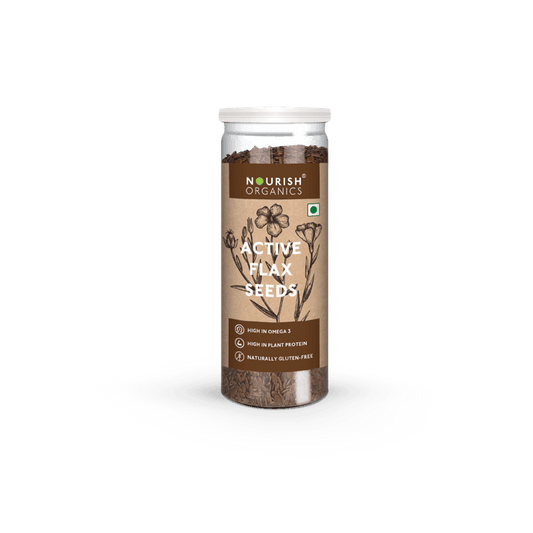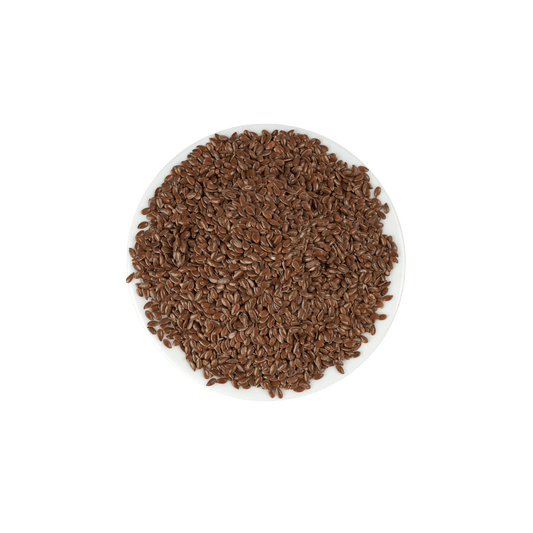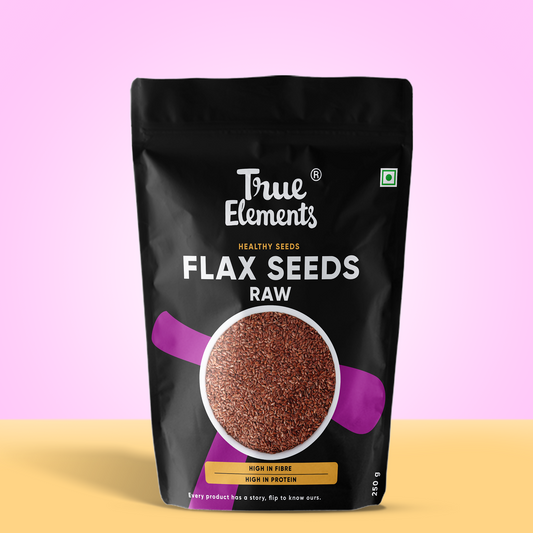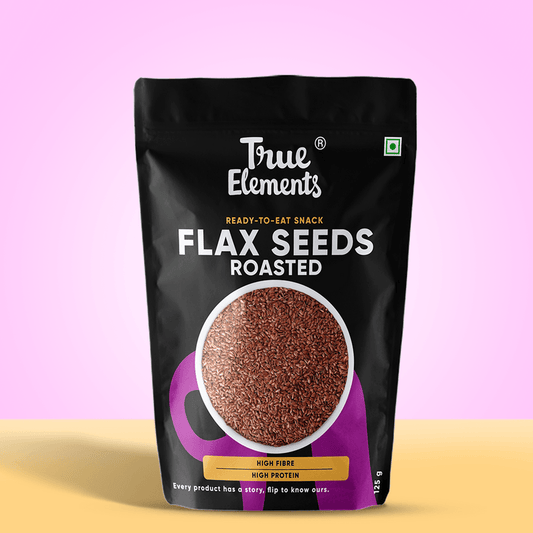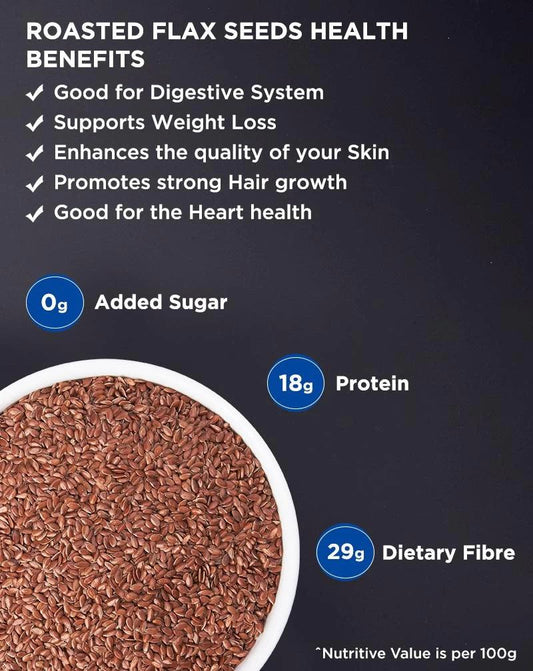Flax seeds, also known as linseeds, have been prized for their incredible health benefits and versatility for centuries. These tiny seeds come from the flax plant (Linum usitatissimum) and have gained popularity as a superfood due to their exceptional nutritional profile. From promoting heart health to supporting digestion, flax seeds have become a staple in many health-conscious diets worldwide. Health Benefits: Heart Health: Flax seeds are a rich source of alpha-linolenic acid (ALA), an essential Omega-3 fatty acid. ALA has been linked to reducing the risk of heart disease, lowering blood pressure, and supporting overall cardiovascular health. Digestive Health: Flax seeds are packed with dietary fiber, both soluble and insoluble, which aids in digestion and helps prevent constipation. The soluble fiber in flax seeds can also promote a feeling of fullness, assisting in weight management. Anti-Inflammatory Properties: The Omega-3 fatty acids in flax seeds, along with lignans (a type of phytoestrogen), exhibit anti-inflammatory effects that may help reduce inflammation in the body and potentially alleviate symptoms of certain inflammatory conditions. Cholesterol Management: Regular consumption of flax seeds has been associated with lowering LDL cholesterol levels, thus reducing the risk of developing atherosclerosis and improving overall cholesterol ratios. Hormonal Balance: The lignans in flax seeds possess mild estrogenic properties, which may benefit women experiencing hormonal imbalances during menopause and support overall reproductive health. Uses: Flax seeds can be incorporated into various culinary creations, adding a nutty flavor and a subtle crunch. Here are some popular ways to use flax seeds: Ground Flaxseed: Grinding flax seeds allows better nutrient absorption, making it easier to incorporate into smoothies, yogurt, oatmeal, or baked goods like muffins, bread, and pancakes. Flaxseed Oil: Flaxseed oil is a healthy alternative to vegetable oils and can be used in salad dressings, dips, and drizzled over cooked dishes. It should not be used for cooking due to its low smoke point. Egg Replacement: When mixed with water, ground flax seeds can serve as an egg substitute in vegan baking recipes. Nutritional Value per 100g: Calories: 534 kcal Protein: 18.3g Total Fat: 42.2g Saturated Fat: 3.7g Monounsaturated Fat: 7.5g Polyunsaturated Fat: 28.7g Carbohydrates: 28.9g Dietary Fiber: 27.3g Sugars: 1.6g Calcium: 255mg Iron: 5.7mg Magnesium: 392mg Phosphorus: 642mg Potassium: 813mg Zinc: 4.3mg In conclusion, flax seeds are a nutritional powerhouse with a myriad of health benefits. Whether you're looking to improve heart health, support digestion, or enhance your overall well-being, incorporating flax seeds into your daily diet can be a delicious and health-conscious choice.



